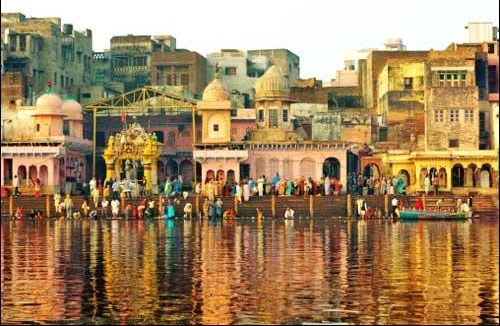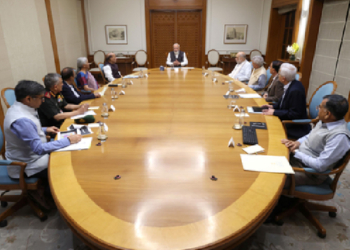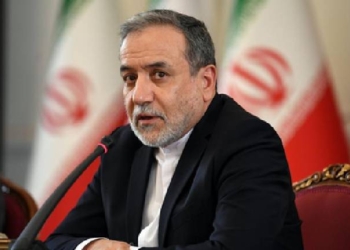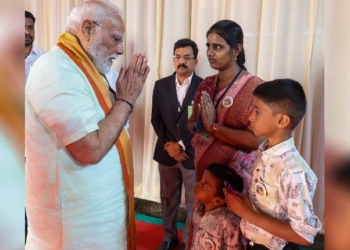New Delhi: The Supreme Court has frowned upon “the glaring state of affairs” prevailing in Uttar Pradesh, particularly, in Mathura, with regard to the administration of the trusts of temples.
A bench, headed by Justice Bela M Trivedi, said that the issues of temple administration, and the appointment of receivers in the suits pertaining to the temple administration, have become the “most difficult conundrum for the courts and very lucrative court proceedings for the advocates”.
“The courts, which are considered to be the temples of justice, cannot be permitted to be used or misused for the benefit of a group of people, who would have vested interest in prolonging the litigations. Nobody should be permitted to abuse or misuse the process of law under the guise of prolonged litigations,” added the Bench, also comprising Justice S.C. Sharma.
In its order, the Justice Trivedi-led Bench ordered Mathura’s Principal District Judge to submit a report listing temples in Mathura in respect of which the litigations are pending and in which the receivers have been appointed by the courts. It also sought the details of when such litigations are pending and the status of such proceedings, the names and status of the persons, particularly of the advocates appointed by the courts as receivers, and the remuneration, if any, being paid to the receivers appointed in such proceedings.
The Principal District Judge is required to file the report through the Registrar (Nazir) on or before December 19.
The apex court was considering a special leave petition filed by one of the committee members against an order of the Allahabad High Court setting aside the trial court decision for the management and operation of a temple in Mathura.
The high court had said that “receivership in the temple town of Mathura has become the new norm. Most of the famous and ancient temples are in the grip of legal battles, restraining the temple trust, its Shebait and the Committee to manage its affairs and are being run by persons appointed by the Court as Receivers under Order XL of Code of Civil Procedure, 1908”.
The Allahabad High Court added that “practising advocates of Mathura Court have been appointed Receivers. The interest of the Receiver lies in keeping the litigation pending. No effort is made to conclude the civil proceedings, as the entire control of temple administration vest in the hands of the Receiver”.
It said that a practising lawyer cannot devote sufficient time to the administration and management of a temple, especially of Vrindavan and Goverdhan, which needs skill in temple management along with full devotion and dedication but has become a symbol of status in the city of Mathura.
(IANS)
















